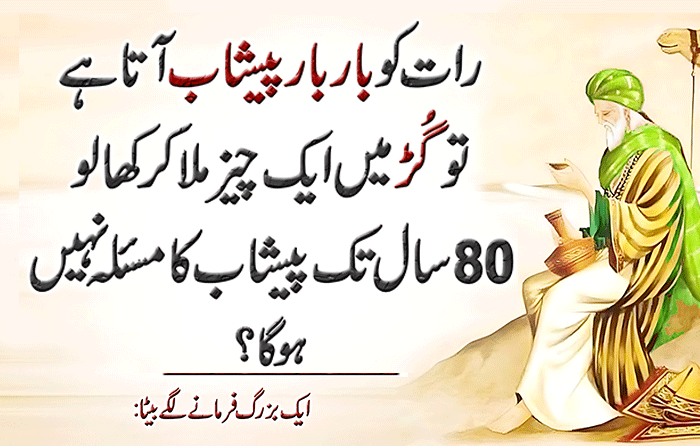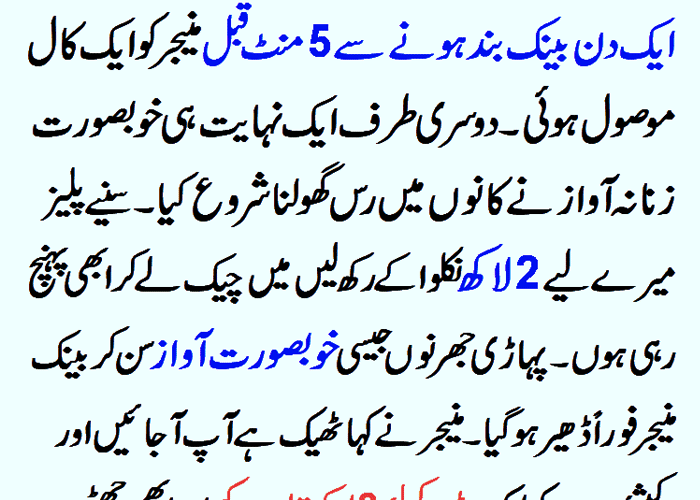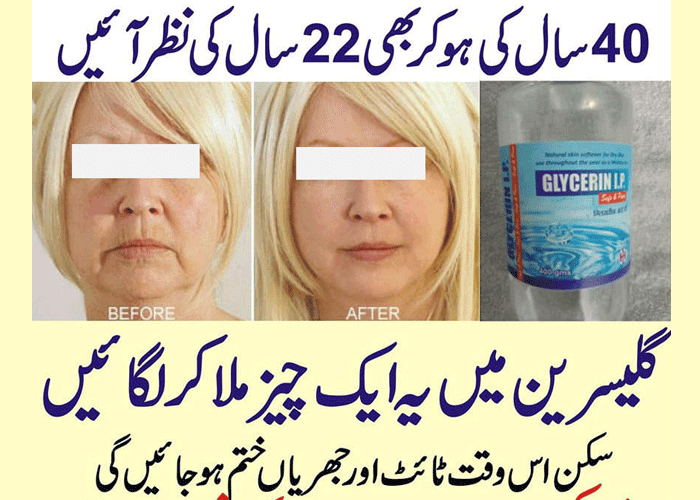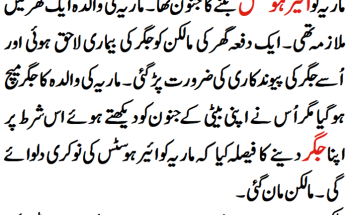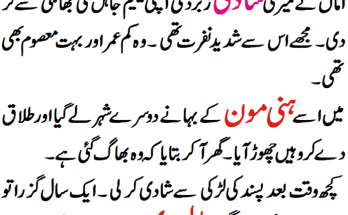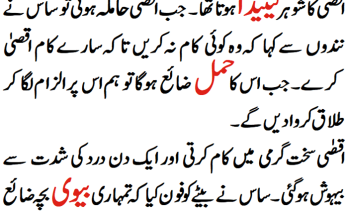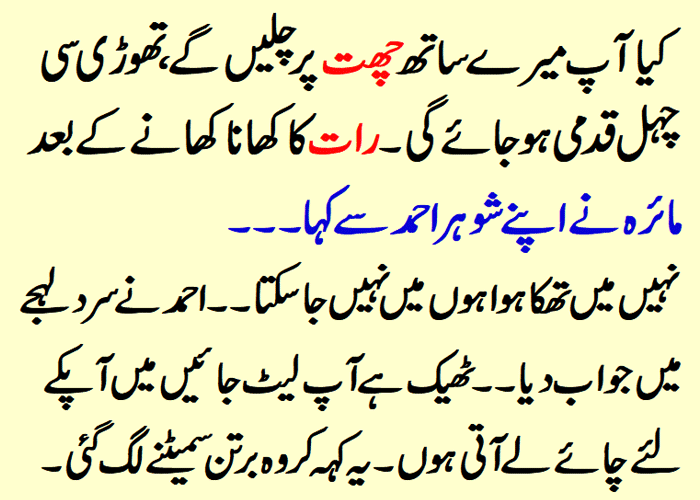
In the complicated journey of marriage, couples often face tough challenges that seem hard to overcome. Whether it’s communication breakdowns, unresolved conflicts, or a general sense of drifting apart, the journey of marriage can be a rollercoaster. This is where marriage counseling steps in as a guiding light, offering a structured and supportive environment to help couples navigate the complexities of their relationship.
So, what exactly is marriage counseling? At its core, marriage counseling is a therapeutic process designed to help couples identify and resolve conflicts, enhance communication, and strengthen their overall relationship. It provides a neutral space where both partners can express their thoughts and feelings without judgment, fostering an environment conducive to understanding and healing.
Role of a Marriage Counselor in Husband Wife Relationship (Urdu)

The Role of a Marriage Counselor
Central to the marriage counseling process is the role of the marriage counselor. These trained professionals, often licensed therapists with expertise in relationship dynamics, act as impartial facilitators. They guide couples through a series of structured sessions, encouraging open dialogue and offering insights that can lead to positive change.

Unraveling the Mechanics of Marriage Counseling
Getting Started: The Initial Assessment
Embarking on the journey of marriage counseling typically begins with an initial assessment. This phase allows the counselor to gain a comprehensive understanding of the couple’s dynamics, history, and areas of concern. It’s akin to laying the groundwork for a construction project, ensuring that the subsequent sessions address the specific needs of the couple.

Identifying Goals: Setting the Course for Change
With a clearer picture of the couple’s challenges, the marriage counselor collaborates with them to establish specific goals for the counseling process. These goals serve as a roadmap, guiding the sessions toward addressing the root causes of conflicts and fostering positive behavioral changes.
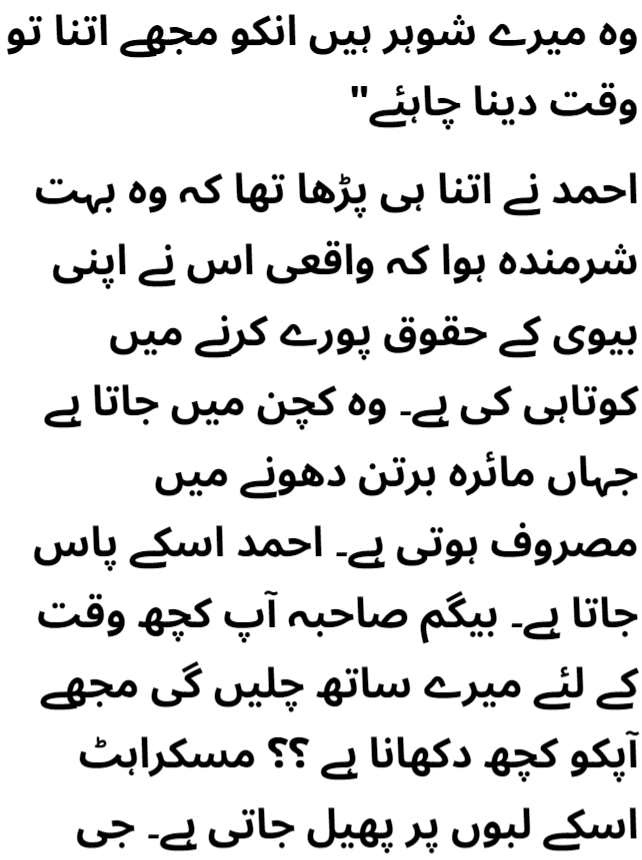
Effective Communication: Bridging the Divide
Communication lies at the heart of every successful relationship, and marriage counseling places a strong emphasis on refining this crucial skill. Counselors employ various techniques to improve communication between partners, helping them express their needs, listen actively, and empathize with each other’s perspectives.
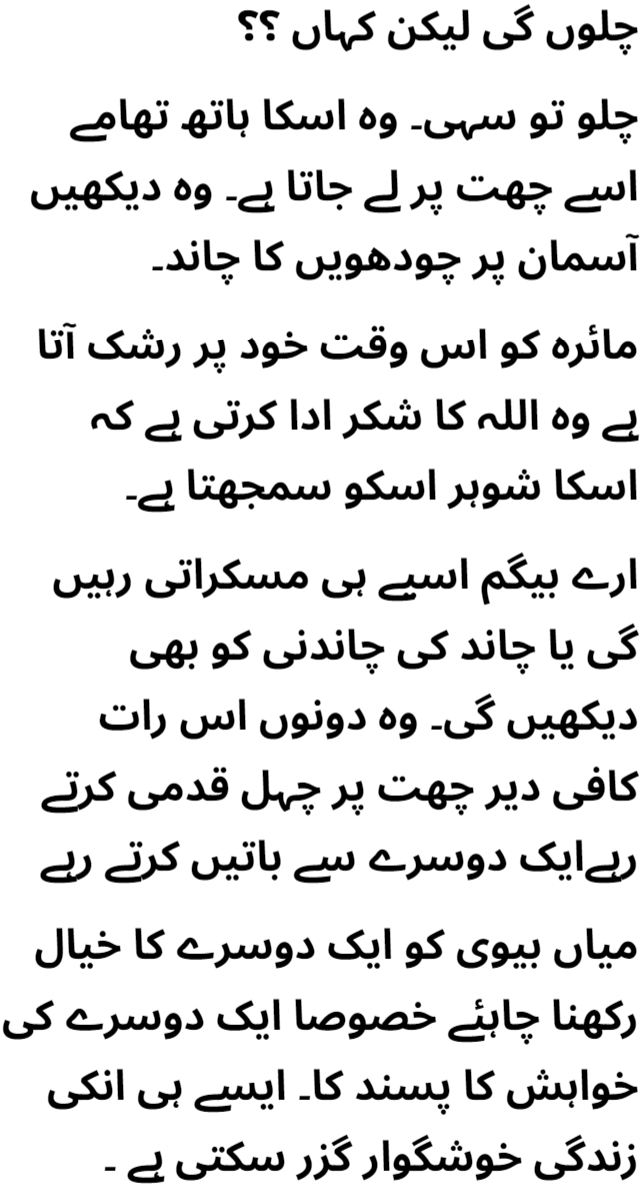
Conflict Resolution Strategies: Building Bridges, Not Walls
Conflicts are inevitable in any relationship, but how couples navigate and resolve them is key to a thriving marriage. Marriage counselors introduce effective conflict resolution strategies, teaching couples to address issues constructively rather than allowing them to fester and escalate.
Building Emotional Intimacy: Strengthening the Connection
Emotional intimacy forms the bedrock of a fulfilling marriage. Marriage counseling delves into the emotional landscape of the couple, fostering vulnerability and understanding. Through carefully crafted exercises and discussions, couples learn to reconnect on a deeper level, rekindling the emotional spark that may have dimmed over time.
The Impact on Husband-Wife Relations
A Renewed Understanding: Seeing Each Other Anew
As couples progress through marriage counseling, they often experience a renewed understanding of each other. The process allows them to step back from the daily grind and gain fresh perspectives on their partner’s thoughts and feelings. This newfound understanding lays the groundwork for increased empathy and compassion.
Improved Communication: Breaking Down Barriers
One of the immediate benefits of marriage counseling is the enhancement of communication skills. Couples learn to express themselves more clearly, actively listen to each other, and communicate their needs without resorting to destructive patterns. This newfound communication proficiency fosters a sense of unity and teamwork.
Conflict Resolution in Action: Turning Challenges into Opportunities
Through the implementation of effective conflict resolution strategies, couples discover that conflicts can be opportunities for growth rather than sources of tension. Marriage counseling equips partners with the tools needed to navigate disagreements constructively, turning potential pitfalls into stepping stones toward a stronger relationship.
Emotional Reconnection: Reigniting the Spark
Perhaps one of the most profound outcomes of marriage counseling is the restoration of emotional intimacy. As couples delve into their emotional landscapes, they often rediscover the qualities that initially drew them together. This process reignites the spark of love, fostering a renewed sense of connection and intimacy.
In the complex world of marriage, counseling becomes a source of hope. It gives couples a plan for self-reflection, better communication, and solving conflicts. By being open and committed to the process, couples can not only overcome problems but also learn more about each other, building a strong and lasting marriage.
Some FAQs about Husband Wife Relations and Marriage Counseling
1. How Long Does Marriage Counseling Usually Take?
Answer: The time needed for marriage counseling can vary. It might take a few weeks or several months, depending on the couple’s situation. Sessions are spread out to allow for progress and thinking.
2. Is Marriage Counseling Only for Couples About to Break Up?
Answer: No, marriage counseling isn’t just for couples in big trouble. It can help any couple, even those with smaller issues, or those just wanting to make their relationship stronger. Going for counseling early on can stop small problems from becoming big ones.
3. Do Both Partners Have to Go to Every Session?
Answer: It’s best if both partners can make all sessions. But sometimes, one person might go alone to talk about personal stuff. The counselor can use this info to help both people better.
4. Can Marriage Counseling Help with Cheating?
Answer: Yes, counseling can help after cheating. The counselor helps the couple talk about what happened, figure out why, and rebuild trust. Both partners need to be committed to making things better.
5. What If One Person Doesn’t Want to Do Counseling?
Answer: If one person isn’t sure about counseling, they might try talking to the counselor alone first. The counselor can help make the sessions more comfortable for both people to join in.
6. Does Counseling Always Save a Relationship?
Answer: Counseling helps many couples, but it’s not a sure thing. Both partners need to be ready to make positive changes for it to work.
7. Can Couples Keep Going to Counseling Even If Things Get Better?
Answer: Yes, many couples keep going to counseling even after they see improvements. It’s like a helpful place to keep growing and dealing with new challenges.
8. Does Insurance Cover Marriage Counseling?
Answer: Sometimes, yes. Some insurance plans pay for marriage counseling, but it’s different for each plan. Couples should check with their insurance to be sure. Some counselors also offer ways to make payments easier.

